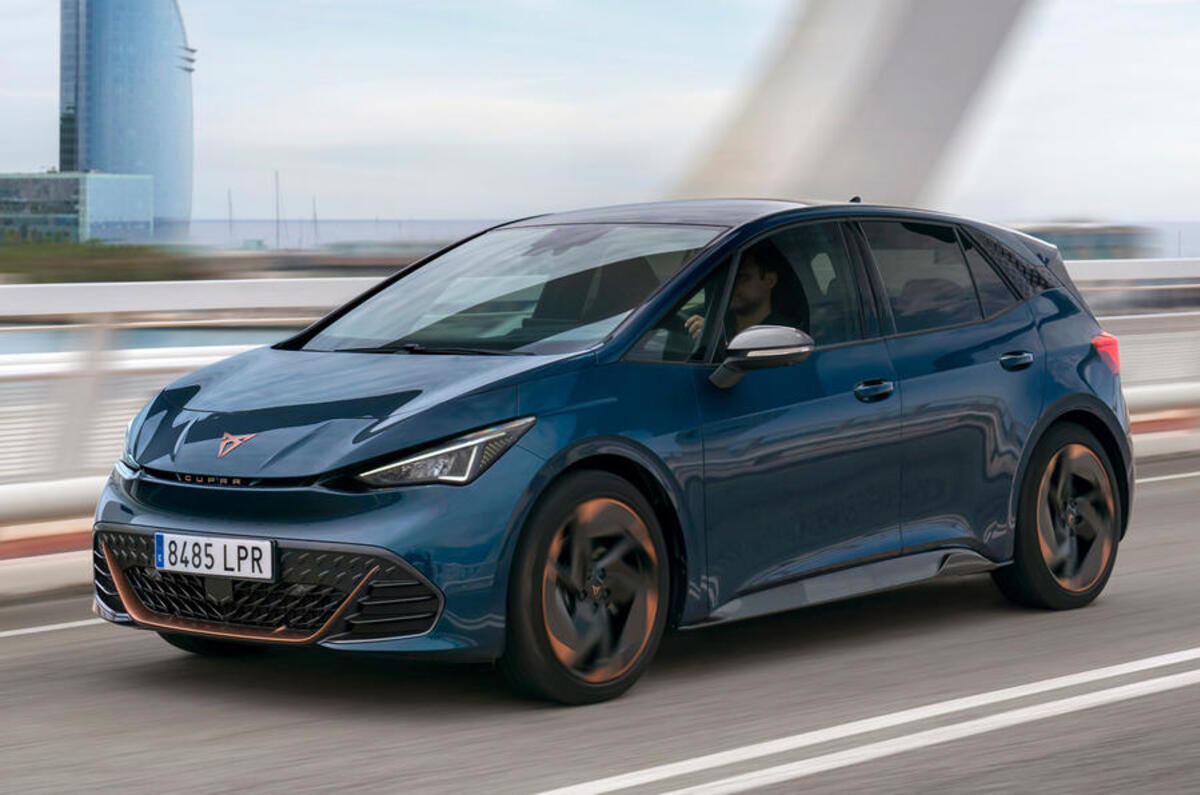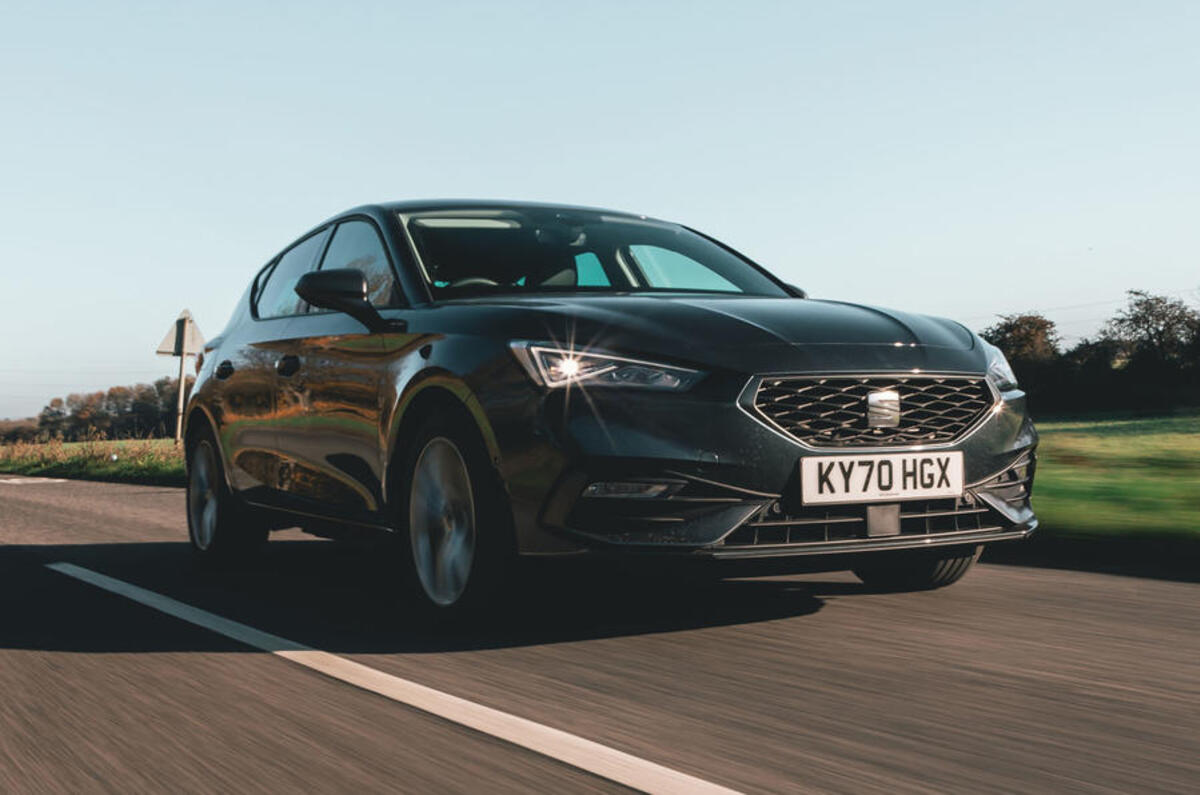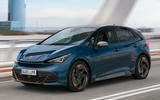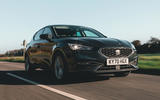Seat increased sales by more than 10% in 2021, despite a year where the firm was heavily hit by the impacts of Covid, semiconductor shortages and increasing raw-material costs.
Of the 471,000 cars the Spanish company sold last year, 391,000 were from Seat, representing a slight drop of 2% compared to pre-pandemic 2020, while numbers were bolstered significantly by the success of performance brand Cupra, which tripled its sales to around 80,000.







Add your comment